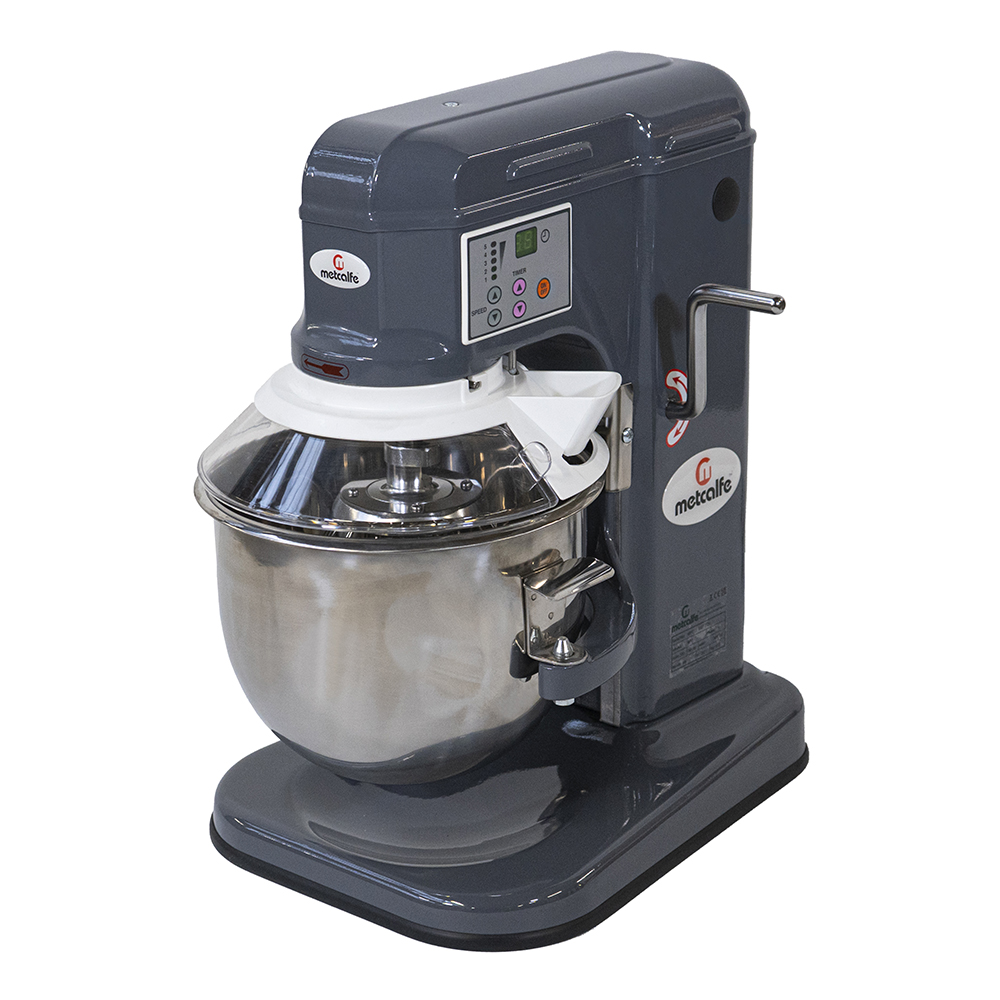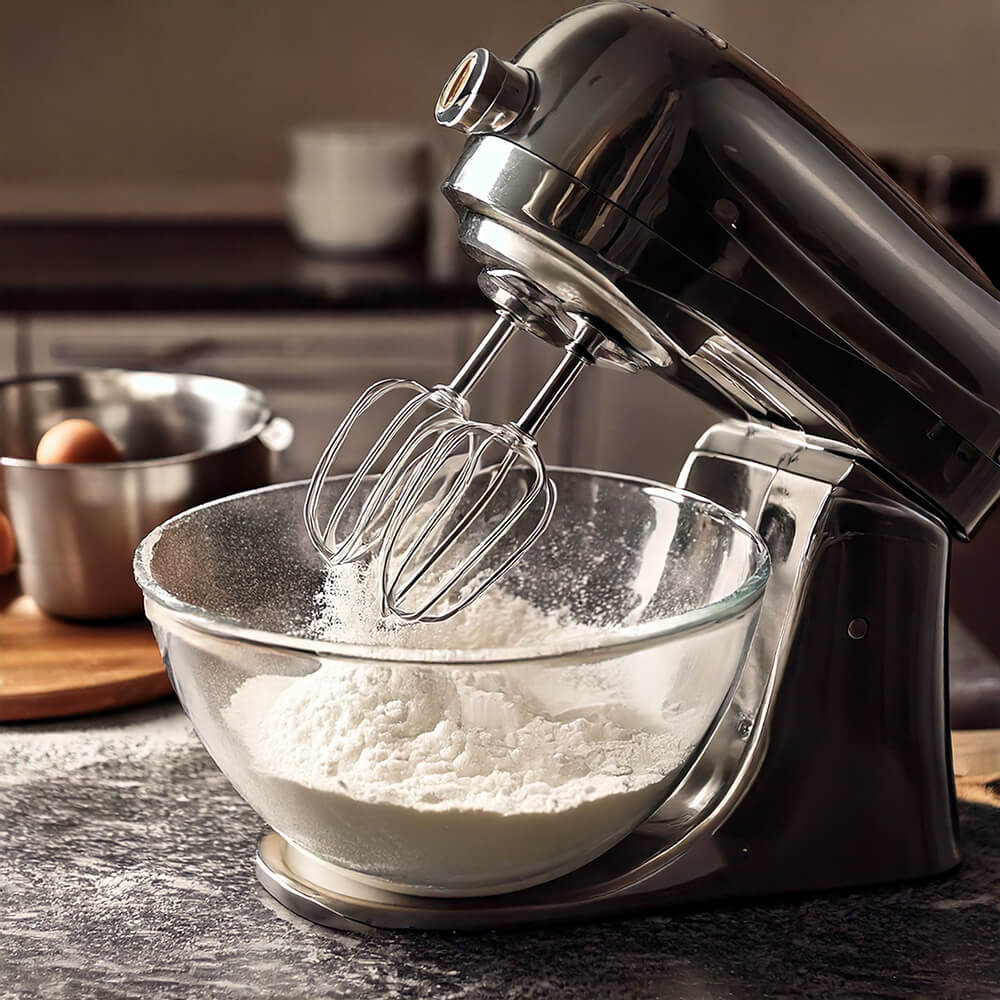If you have ever used a domestic food preparation machine in a commercial environment, then this is for you!
First up, here are a few questions to ask yourself. How would the HSE feel about this? Does the machine have the required safety features to prevent accidents from happening? What would the implications be if an accident occurred, and it transpired that a domestic machine had been used in a commercial environment?


Now consider these facts. Commercial catering equipment is subject to more rigorous safety standards, including electrical safety and food hygiene requirements. A domestic equivalent is unlikely to meet these standards and the HSE could therefore view its use as a failure to comply with the required regulations. Aside from the HSE response, would you be able to renew your insurance policy once your insurers had paid out a hefty sum to an injured employee?
So, what are the benefits of using a commercial machine? Well, let’s take a piece of food preparation equipment that you will find in just about every commercial kitchen – the mixer. The Metcalfe MP7 is the commercial equivalent of the domestic mixers found in many homes. Here are the safety features it has, none of which you will find on a domestic alternative:
- An interlocking bowl guard and bowl lift that prevents the mixer from working unless the bowl safety guard is in place and the bowl is in the correct operating position.
- A Perspex bowl safety guard, with ingredient chute, which automatically shuts-off the mixer when the guard is opened, at any speed.
- Overload protection, often referred to as “no volt release”, that prevents the mixer from automatically restarting following a power failure.
We will leave the last word on the matter to H&S Consultant, Mark Roberts from Worknest. Here is what he had to say:
Legislation:
Equipment that is used in the working environment is covered by its own set of Health & Safety regulations, PUWER (The Provision and Use of Work Equipment Regulations 1998). These regulations are in place to ensure that all work equipment is suitable and sufficient for the workplace and for the tasks at hand. They place specific requirements on employers to keep equipment in good working order but to also keep their employees safe.
Durability and Reliability:
Domestic machines are designed for lower usage and may not withstand the continuous, heavy-duty demands of a workplace environment. Workplace equipment needs to handle greater wear and tear.
Performance Specifications:
Workplace tasks often require higher performance standards such as faster processing speeds, higher capacity, or advanced features that domestic machines may not offer.
Safety Standards:
Workplace equipment must meet stricter safety regulations to prevent accidents and ensure safe operation under more demanding conditions. Domestic machines may not comply with these standards.
Support and Maintenance:
Workplace equipment typically comes with better support services, including maintenance and repair options suited to commercial needs, which domestic machines might not offer.